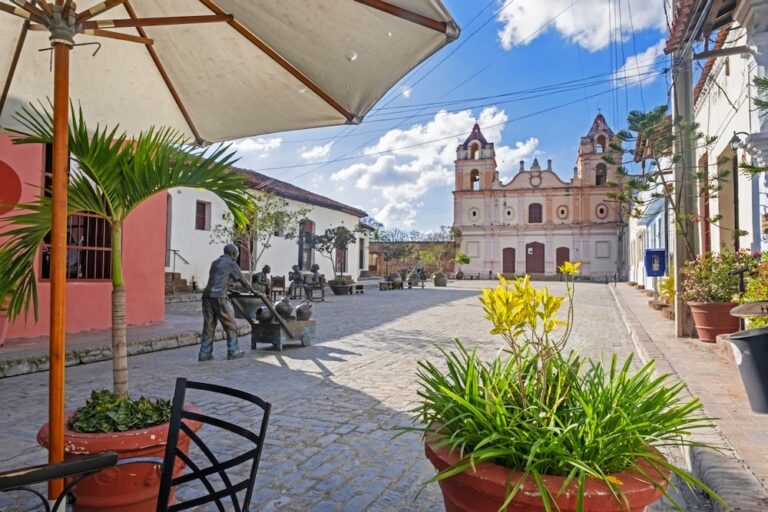Although a submarine internet cable touched ground in Santiago de Cuba in February 2011, it has yet to provide service to Cuban clients despite reports that it is finally functioning.
(CPJ/IFEX) – 7 February 2013 – The following is a CPJ post:
By Yoani Sanchez/CPJ Guest Blogger
There is a popular expression in Cuba that is synonymous with difficulty and crisis. When you want to indicate that someone is doing badly economically, it is sufficient to say that he is “eating a cable.” Street humor has identified the act of chewing and swallowing a bundle of wires with scarcity and material want. The parable has gained strength these days in reference to the fiber-optic cable installed between Cuba and Venezuela, which has yet to provide service to Cuban clients despite reports that it is finally functioning.
In 2007, Cuba and Venezuela began working on installation of the Alba-1 submarine cable, named for the Spanish acronym of the Bolivarian Alternative for the Countries of Our America. At the cost of $70 million and after a series of delays, the cable touched ground in Santiago de Cuba in February 2011. However, the island continued to use satellite providers for what little Internet service was available. In the two years since, government media has been silent about the cable, generating rumors of a possible failure due to mismanagement or the diversion of resources.
Three weeks ago, an expert at Renesys, a U.S. firm that analyzes Internet traffic, suggested in his blog that the Alba-1 cable had started showing activity. At first, traffic was detectable in only one direction, but after several days he had confirmed the sending and receiving of data. Doug Madory, a Renesys research engineer, said the Spanish company Telefónica SA had begun to direct Internet traffic to the government-owned Internet service provider ETECSA. Telefónica denied it was supplying routing services for the Alba-1, but confirmed that it was providing other services to ETECSA.
The expert said lower Internet latencies to Cuba could be evidence that the island is using other sources of access in addition to the satellites. “While activation of the Alba-1 could be a good way to improve ETECSA’s links to the Internet, Cuba will probably continue to be unable to provide a wide range of network access,” Madory wrote on Renesys’s website.


